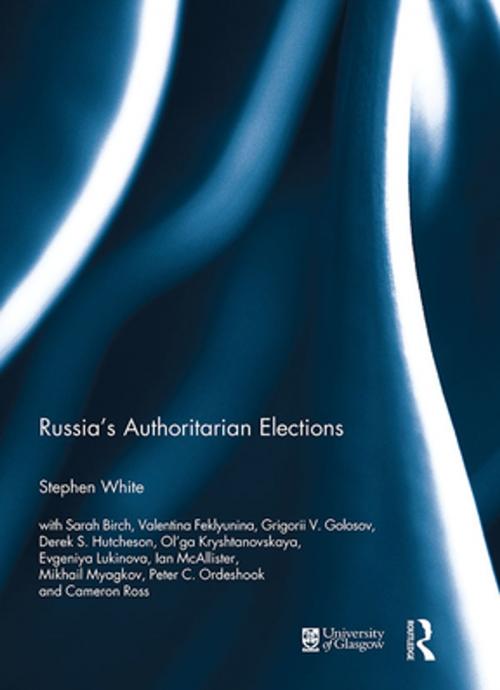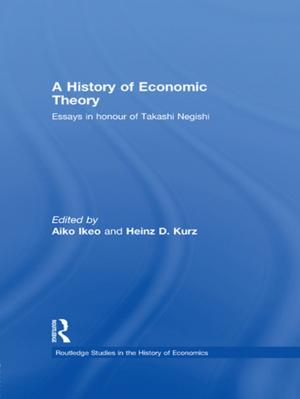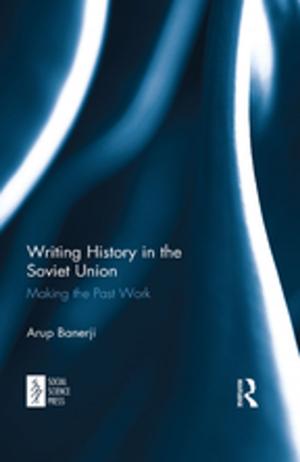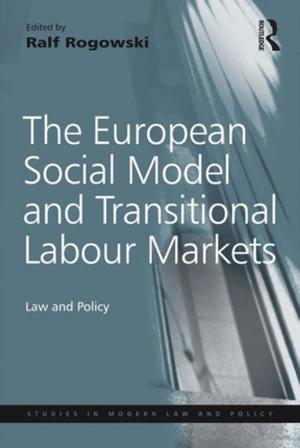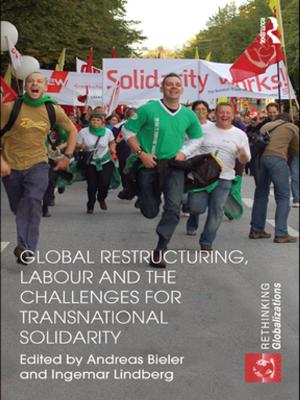| Author: | ISBN: | 9781317977742 | |
| Publisher: | Taylor and Francis | Publication: | June 11, 2014 |
| Imprint: | Routledge | Language: | English |
| Author: | |
| ISBN: | 9781317977742 |
| Publisher: | Taylor and Francis |
| Publication: | June 11, 2014 |
| Imprint: | Routledge |
| Language: | English |
Russia is the world’s largest country, and its politics affect the entire international community. Formally, who exercises the power of government is decided, as in Western democracies, by competitive elections that are held at regular intervals. But there have increasingly been doubts about the extent to which Russian parliamentary and presidential elections can be considered ‘free and fair’, and it is the argument of this coauthored study that they are better defined as ‘authoritarian elections’, with a number of distinct characteristics. Using a wide range of sources, including surveys, election statistics, interviews, focus groups and the printed press, the contributors to this important collection analyse Russia’s authoritarian elections in a variety of ways: how they are conducted, what citizens think about them, and how the Russian experience relates to a wider international context. Elections are the central mechanism by which citizens can seek to hold their government to account; this collection shows the ways in which that mechanism can be manipulated from above such it becomes more of an extension of central authority than a means by which the public at large can impose their own priorities.
This book was originally published as a special issue of Europe-Asia Studies.
Russia is the world’s largest country, and its politics affect the entire international community. Formally, who exercises the power of government is decided, as in Western democracies, by competitive elections that are held at regular intervals. But there have increasingly been doubts about the extent to which Russian parliamentary and presidential elections can be considered ‘free and fair’, and it is the argument of this coauthored study that they are better defined as ‘authoritarian elections’, with a number of distinct characteristics. Using a wide range of sources, including surveys, election statistics, interviews, focus groups and the printed press, the contributors to this important collection analyse Russia’s authoritarian elections in a variety of ways: how they are conducted, what citizens think about them, and how the Russian experience relates to a wider international context. Elections are the central mechanism by which citizens can seek to hold their government to account; this collection shows the ways in which that mechanism can be manipulated from above such it becomes more of an extension of central authority than a means by which the public at large can impose their own priorities.
This book was originally published as a special issue of Europe-Asia Studies.
